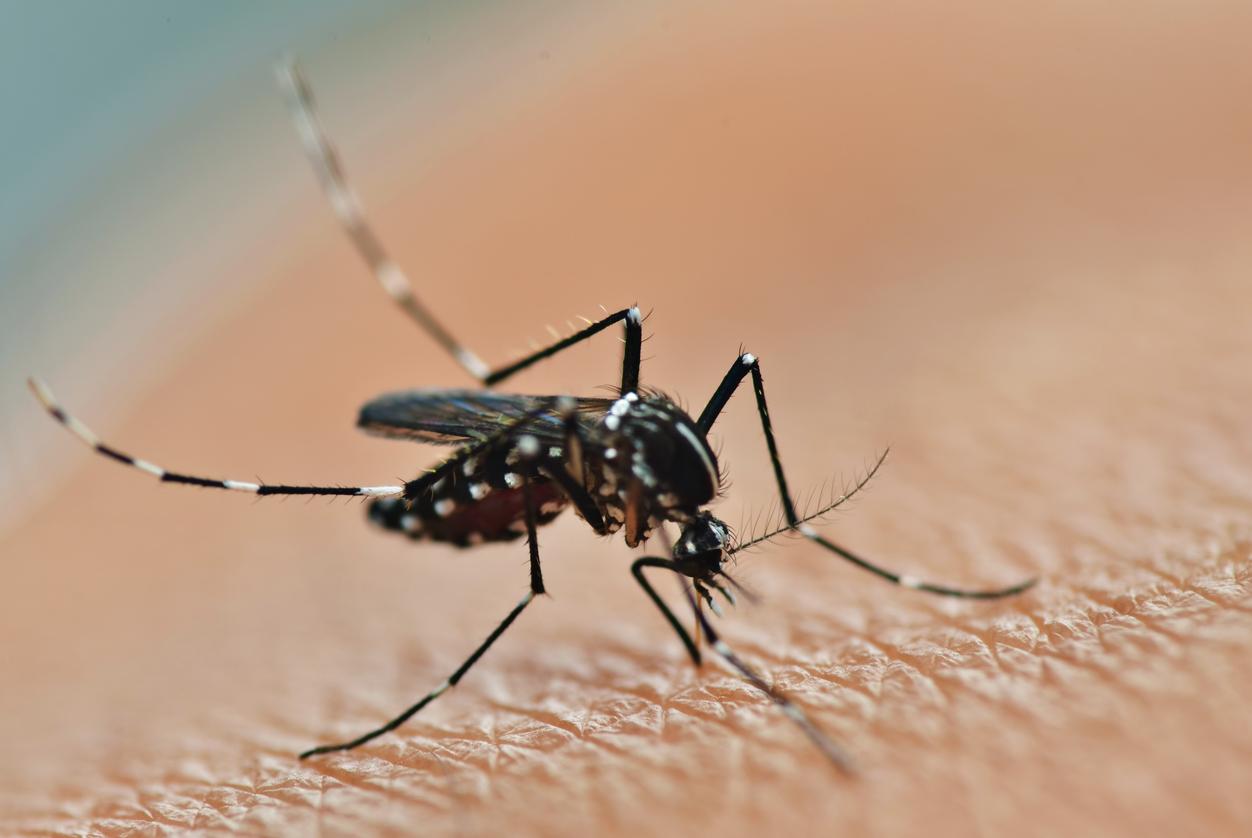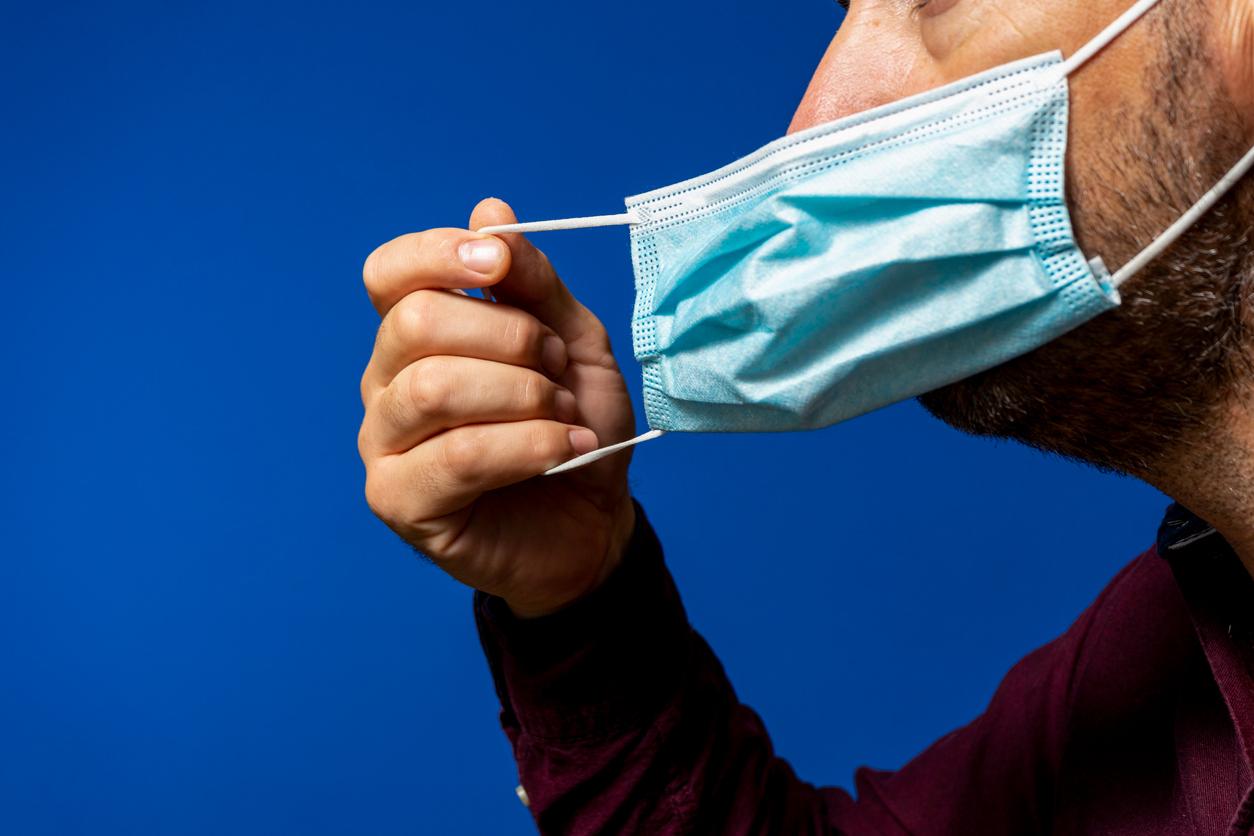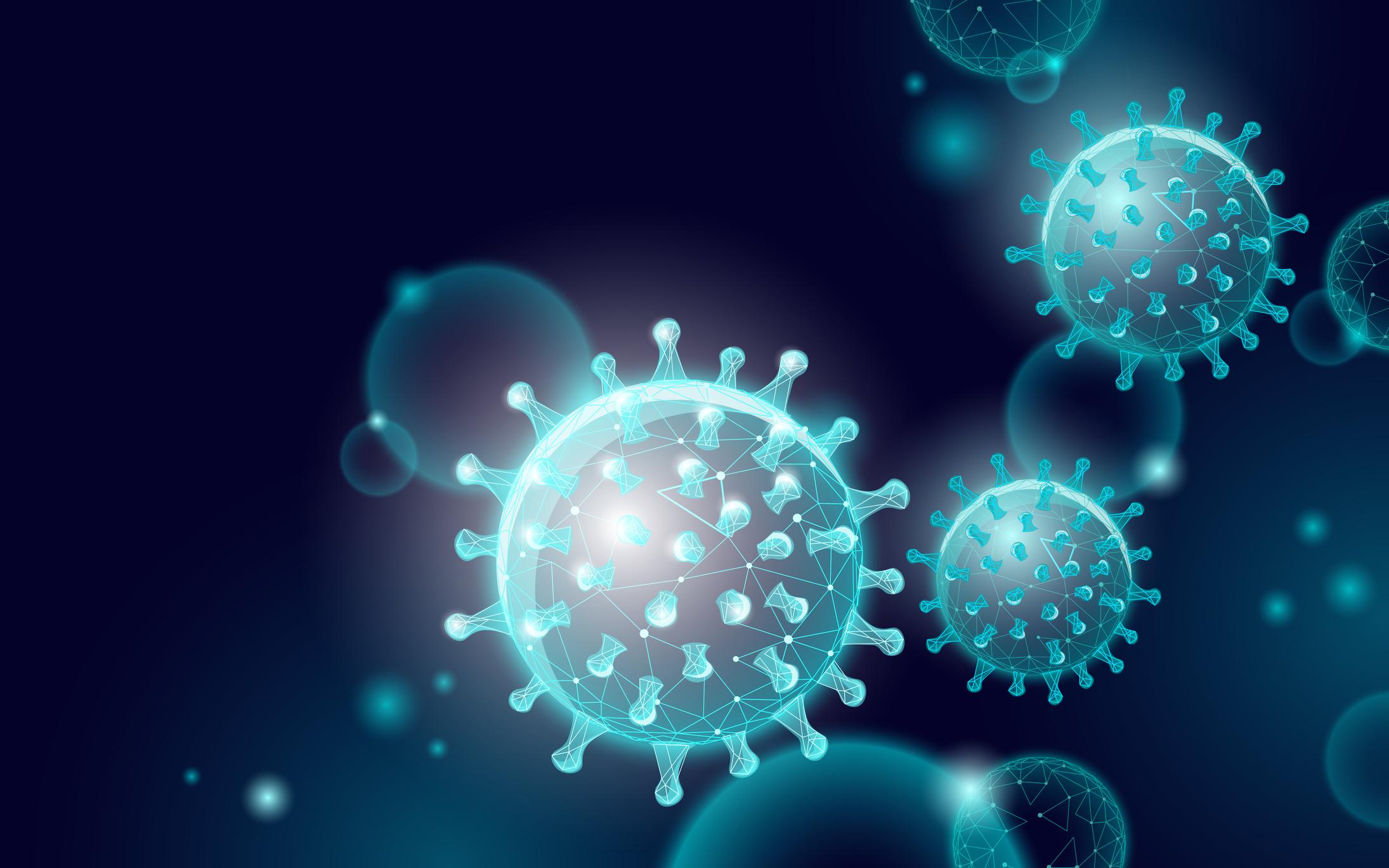Genital herpes is a highly contagious sexually transmitted disease with no effective treatment. Once installed, the virus can cause several “breakouts” throughout life.

- 20% of the sexually active population in France is infected with the herpes simplex virus type 1 or 2 causing genital herpes. People between the ages of 25 and 35 are the most affected.
- No treatment exists to cure this sexually transmitted disease. However, there are medications available to reduce the frequency and severity of symptoms during flare-ups.
“Nearly 500 million people worldwide have genital herpes, and several billion have an oral infection due to the herpes virus.”, advances the World Health Organization in a statement in May 2020. How is this virus transmitted? What signs should alert of an infection? The editorial staff answers you.
How is genital herpes transmitted?
Genital herpes is a sexually transmitted disease caused by herpes simplex virus type 1 (HSV1, most often responsible for cold sores on the lips and corneal lesions) or type 2 (HSV2, usually responsible for genital herpes). “This highly contagious viral infection is spread by direct contact with lesions or sometimes with the affected area when there is no lesion”, details the MSD Medical Manual. Once the person is infected, it is for life. Indeed, treatments can reduce the frequency and intensity of symptoms but cannot cure the infection. The only solution: prevention.
“Contamination by the herpes virus only occurs through direct and intimate contact between two people because this virus is fragileprecise health insurance. There is therefore no risk of indirect transmission in swimming pools, saunas or through toilet seats.“Nevertheless, transmission of the virus can occur during:
- oral sex: in contact of the mouth with the vulva, vagina or penis;
- vaginal intercourse: penetration of the penis into the vagina;
- anal relations: penetration of the penis into the anus;
- contact between the genitals of the different partners;
- sharing sex toys.
A mother infected with the virus can also transmit it to her child during pregnancy or at the time of delivery. Prevention then involves antiviral treatment of the mother and, possibly, a cesarean delivery so that the newborn does not come into contact with herpes lesions.
STD: what are the symptoms of this disease?
In France, 20% of the sexually active population would be infected, and particularly people aged 25 to 35. Once the person is infected, we speak of a primary genital herpes infection. It is possible that no signs appear right away, but this phase can also lead to severe symptoms”with multiple painful vesicles at the genital and/or anal level”, explains the MSD. In women, internal vesicles can develop in the vagina or cervix.
This first outbreak of herpes occurs on average four to seven days after infection. These blisters can be accompanied by several other symptoms such as:
- fever with a general feeling of being unwell, body aches and headaches;
- burning and/or difficulty urinating;
- constipation.
Some people may then have several flare-ups per year while others will only have a few in their lifetime. Other symptoms may accompany these recurrent attacks: tingling, discomfort, itching or pain in the groin a few hours or days before the blistering eruption, as well as muscle pain.
Without treatment, these outbreaks can last for ten days. In case of symptoms, it is therefore necessary to consult a health professional who will be able to provide medication. “The antivirals used in the treatment of genital herpes are aciclovir, valaciclovir and famciclovir”, relates the MSD.
Herpes outbreak: 5 factors that promote its appearance
“Once contracted, the herpes virus travels through the sensory nerves corresponding to the infected territory and lodges in a nerve ganglion where it remains “asleep”. It becomes latent for a period ranging from a few weeks to several years, or even permanently”, explains the health insurance. In general, the virus reappears periodically: it multiplies, runs along the nerves and returns to colonize the skin and mucous membranes initially infected “by causing much less extensive but willingly recurrent lesions”.
Certain factors can promote these outbreaks of genital herpes such as stress, fatigue, another infection, a drop in immune defenses or even a hormonal change (during menstruation, for example).

















